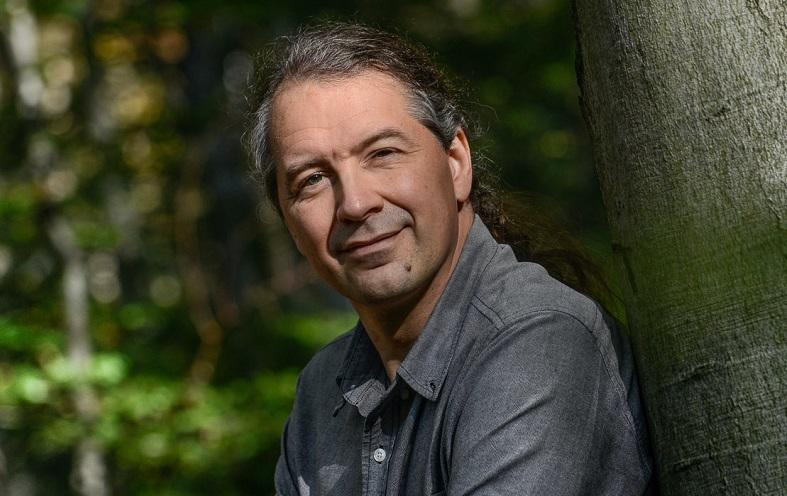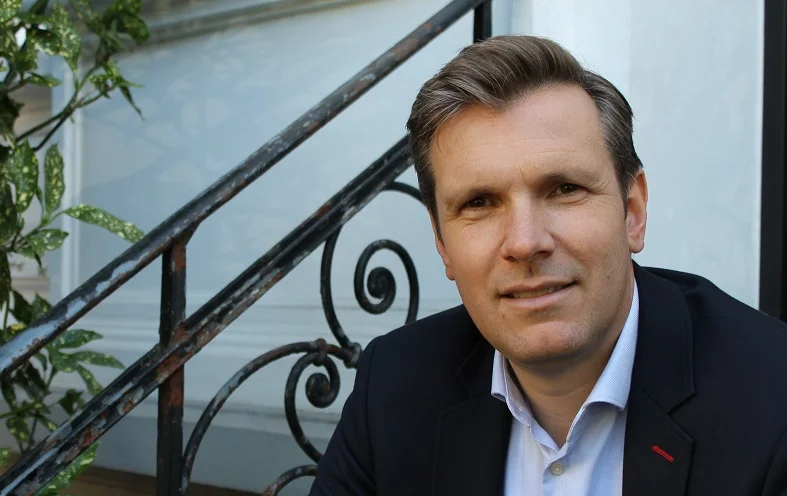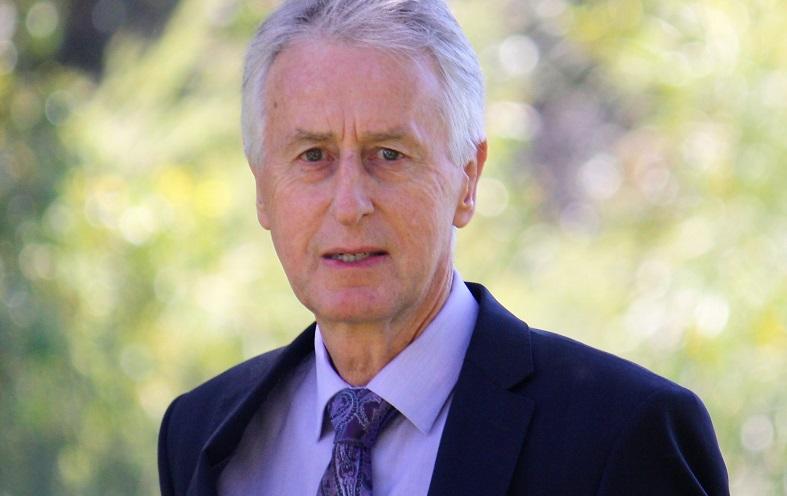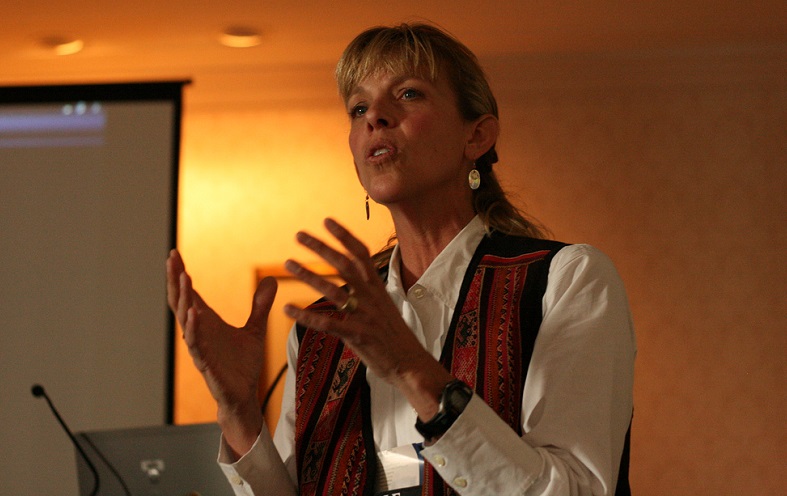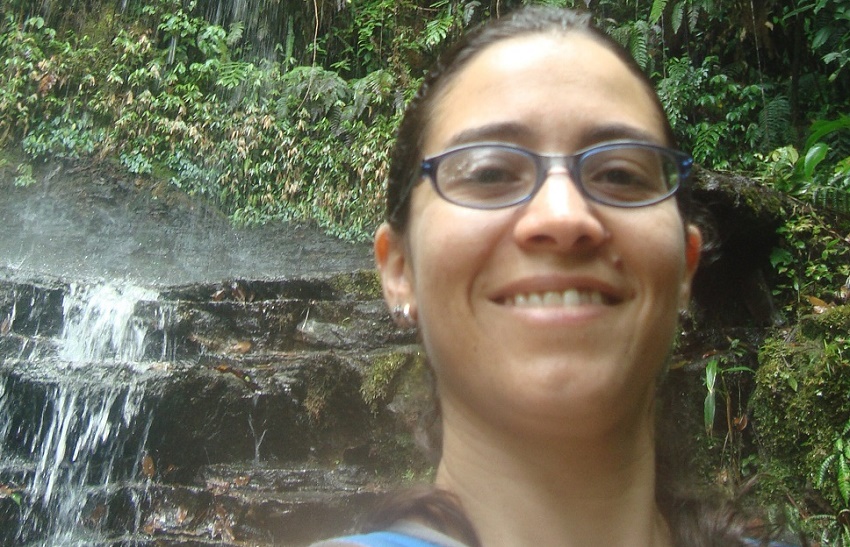
Marina Novelli, Professor of Tourism and International Development and Academic Lead of the interdisciplinary Responsible Future Research and Enterprise Agenda at the University of Brighton in the UK, in this interview, shares her thoughts on the current state of (sustainable) tourism development in Africa, the issue of overtourism and other topics in need of investigation.
Marina, as a geographer with a background in economics, do you remember what first got you interested in tourism and sustainable development?
I have always had a passion for travel and tourism. My dad was a geographer himself and a University professor… He used to say that ‘the best way to learn and be a geographer is to see it with your own eyes and step on it with your own feet’.
I recall scrolling through the globe that he had in a corner of his office and dreamt of my next destination, I must have been about 5 years old.
Then, a ‘few years’ later, on the choice of what to focus on for BSc in Economics’ final project, I recall looking into econometrics modelling and thinking: ‘nope, not for me’. So I decided to study the socio-economic impact of the development of the Euro Disney Resort in Marne La Valle (France).
That was my real first encounter with researching the ‘god and bad’ of tourism for regional development… and the emerging quest for better ways to stimulate rural diversification into tourism, which would be more beneficial for local communities and the environment. It’s not a surprise that this later became the focus of my PhD.
Africa has been the focus of much of your work as a researcher at Brighton University (UK) and international advisor. Which market trends do you observe in Africa right now which might influence responsible tourism practice and sustainability performance of destinations there?
We have much to learn from the African continent and from those practitioners operating on the ground. There are true efforts aimed at making tourism a truly sustainable sector, but there is much to do to enable this to fully take its course.
In such context, the integrity of the destination we visit becomes paramount, both in terms of its long-term survival and the responsibility we have to take action for the preservation of the very resources – natural and human, that attracted tourists in the first place.
Tourism aspires to be more stable, higher-yielding, responsible and sustainable, delivering tangible and equitable benefits to communities, preserving the natural environment, fostering inclusive growth, peace and stability, and ultimately achieving the UN Sustainable Development Goals (UN SDGs).
However, there is an increasing danger in approaching tourism only form a commercially focussed perspective and reacting purely to shifting market demands. This will not deliver the aspired responsible forms of tourism that promote and enhance long-term inclusive growth and sustainable development in Africa.
Which are the main topics and concerns linked to tourism sustainability at the moment in Africa?
A better understanding of the importance to develop an adequately prepared and fairly remunerated tourism workforce in Africa is paramount. The development of professionalism in the African tourism industry remains a challenge and unless this is addressed across the industry as a whole, the status and credibility of what the African continent aspires to build and offer will be called into question.
Professionalism is a prerequisite for success and is a fundamental component of innovation and entrepreneurship, which, in my opinion, are essential ingredients for African tourism competitiveness and sustainability.
Globally, there is both a scarcity of knowledge on what tourism professionalism is and a lack of consistency in its meaning and applications. Tourism professionalism’s multidimensional nature requires attention to:
- Human Resources’ development and management
- enhancement and recognition of specialist skills
- consistency of implementation of quality standards and code of practices
- effective tourism resources (natural, built and human) management for a sustainable future
Ultimately, there is no tourism marketing campaign or new product that will sustain itself without a competent and fairly retributed workforce!
African destinations have primarily concentrated on attracting international tourism. Of key relevance is the increase of continental and intraregional tourism in Africa and the opportunities associated with this phenomenon, for economic and export diversification.
African countries would flourish if they made further progress with the free movement of persons, currency convertibility and liberalizing air transport services. This would facilitate greater mobility and access to tourism destinations, also boosting the competitiveness of destinations.
It also requires regional economic communities and countries to comprehensively plan for intraregional and continental tourism, devising product and experiences which may be fundamentally different from what the traditional markets may seek to experience.
I am currently looking at alternative forms of community-based tourism, which appeal to a wider audience and one which is not necessarily only looking at nature or targeting customers coming from the Global North.
I have developed a keen interest in the study of arts and culture of African destinations, in particular West African destinations such as Nigeria, Ghana and The Gambia.
I feel that there is much to discover and understand through the arts and culture of a place. In particular I am looking at the role of the arts in community-based tourism development, which is such an underexplored segment of the sector.
Academic writing is sometimes criticized for being out of touch with local realities. How can academic research better serve destination communities or tourism businesses?
I feel sorry for those academics that still have this approach to the study of tourism and remain ‘as you say out of touch with local realities’. I am an applied scientist and every single piece of research I have worked on over the past 20 years has been empirically grounded and aimed at having an impact. I have been criticized by other academics for doing that, but I know where my heart and passion is, and nobody can convince me otherwise!
My approach has always been centred around working with researchers and experts from the destination where I had the privilege of working. I made mistakes, many mistakes but learnt a lot, I got inspired and to do my best to share what I have learnt and know with younger scholars and colleagues…
Most importantly, I am prepared to continue learning every time I jump on a plane. The beauty of our job as academics and practitioners is that we can choose to operate in a commercial fashion, or do what we do because we are passionate about what we do, and I opt for the latter!
Judy Kepher-Gona in her interview referred to tourism as “a web, held at the centre by values”. Do you agree? How do values impact the success of sustainable tourism policies and initiatives?
It is not a surprise that Judy is one of my role models…she is one of the experts I learnt many valuable lessons from and one that told me off for the mistakes I made, and I thank her for that!
Of course, I agree with such a statement. I feel privileged to work in a sector which allows me to learn every day, to travel to some of the most incredible places and work with the most inspiring people in destinations, which have in many occasions been violated.
The evolution of my knowledge and value-based approach to the way I see and operate within tourism has evolved over time and space through professional and personal networking, travel experiences, research and consultancy. These have been dramatically influenced by other people’s ways of seeing the world and their value set. And of course, those experiences and encounters have influenced my own views and contribution to the shaping of policies and practices in tourism.
Niche tourism is another focus of your work. In a nutshell, what does the term refer to? And is it adequate to refer to sustainable tourism as niche tourism?
In simple terms, niche tourism is a form of tourism which caters for a specific type of tourists and their specific interests. It is still relevant to talk about niche tourism, as different products continue being shaped around demand patterns and destinations’ aspiration to use tourism as a way to socio-economic advancements (and one would hope also environmental preservation).
I have never referred to sustainable tourism as niche tourism, and never will. There are forms of niche tourism which are highly unsustainable and would definitely need some thorough reconfiguration to even come close to sustainable tourism practices.
Sustainable tourism is an approach to the way tourism is conceived, developed and managed and in my view it’s the only way forward.
Successful destination marketing used to be mostly about innovative, engaging campaigns and selling a destination’s offerings to potential visitors. Yet, in times of “overtourism”, it is more and more about brand stewardship and active networking internally, close links to the local “host” communities. In your view, are international aid and development agencies helping DMOs to master this paradigm shift – to take on a role of facilitator and destination manager, rather than “just” promoter? (Or holding them back?)
The problem with tourism is primarily rooted in the lack of innovative planning strategies and sustainable management approaches. But, much of the success of tourism is measured according to the number of visitors arriving at a destination, rather than the short, medium and long-term positive and negative impacts that the sector brings to a destination.
The currently widely used tourism growth paradigm does not work anymore.
For instance, the problem of overtourism needs much attention and research. We need to look at how tourism can possibly create a good change in a destination. We need to focus on the responsibilities of all stakeholders involved, how travellers, local authorities, residents and businesses behave and whether they are truly benefiting from a fast-growing sector, such as tourism.
I am not convinced it’s the job of international aid and development agencies to master the required paradigm shift.
To achieve a real paradigm shift in the governance of tourism, both technical solutions and political decisions are needed.
Tourism is an intrinsic fragment of daily life in urban, rural and coastal destinations. Whether focusing on urban overcrowded Barcelona in Spain, the fragile coast of Maya Bay in Thailand or the polluted mountain regions of the Himalayas: the challenge for policymakers, academics, private stakeholders and grassroots organizations is the hypermobility of contemporary societies.
Those are mostly composed of a wide range of social actors, such as regular and temporary residents, tourists, visitors, cruise passengers and commuters. They all have a share of the responsibility in making the shift happen.
Airbnb and other sharing economy businesses are putting cities and local communities to the test, often drastically limiting available rental space for locals, among other problems. Which solutions have you come across in academic publications which might help to alleviate this situation?
The claim that excessive unplanned tourism-related activities are harming the landscape, damaging beaches, putting infrastructure under enormous strain, and pricing residents out of the property market is a fact and one which has been studied by academics since the 1970s.
What the recent ‘overtourism media bubble’ has done is to make these issues accessible to the masses. The impact of Airbnb and other sharing economy platforms is a hugely complex issue that is often oversimplified.
Several reports on the broad issue of overtourism have recently been published, with Airbnb and other sharing economy platforms often being discussed as one of the contributing factors to overtourism.
For instance, the recent report I contributed to on Overtourism: Impact and possible policy responses (prepared for the TRAN Committee of the European Parliament) discusses to the role of Airbnb in the specific European context.
In addition to this, with Claudio Milano and Joseph Cheer, we have co-edited a volume on Overtourism: Excesses, discontents and measures in travel and tourism due to come out in June 2019 (published by CABI) and Airbnb are indeed one of the critical issues discussed.
This is only an example of the growing interest in researching issues associated with the overtourism evolving phenomenon, which, as said, needs much attention and research.
What is obvious is that any oversimplification of the problem that ignores political economy considerations (i.e. class struggle, property speculations, quality of life of residents and visitors) would only create more confusion over the way to address any negative impacts associated with tourism.
Addressing the negative impact of any form of tourism requires custom-made policies devised through the cooperation of destinations’ stakeholders and policymakers, but also measures to influence travellers to think more responsibly about where and how they to go on holiday.
Which research gaps linked to tourism and sustainability would you encourage postgraduate students and researchers to address?
I would certainly encourage a more thorough investigation into the evolving complex phenomenon of overtourism, the role of tourism in achieving the SDGs and how to achieve a plastic-free tourism sector.
Thank you, Marina.
Connect with Marina Novelli via LinkedIn or Twitter, or visit her research profile at the University of Brighton.
Enjoyed our interview with Marina Novelli, Professor of Tourism and International Development at the University of Brighton, UK? Spread the word!


